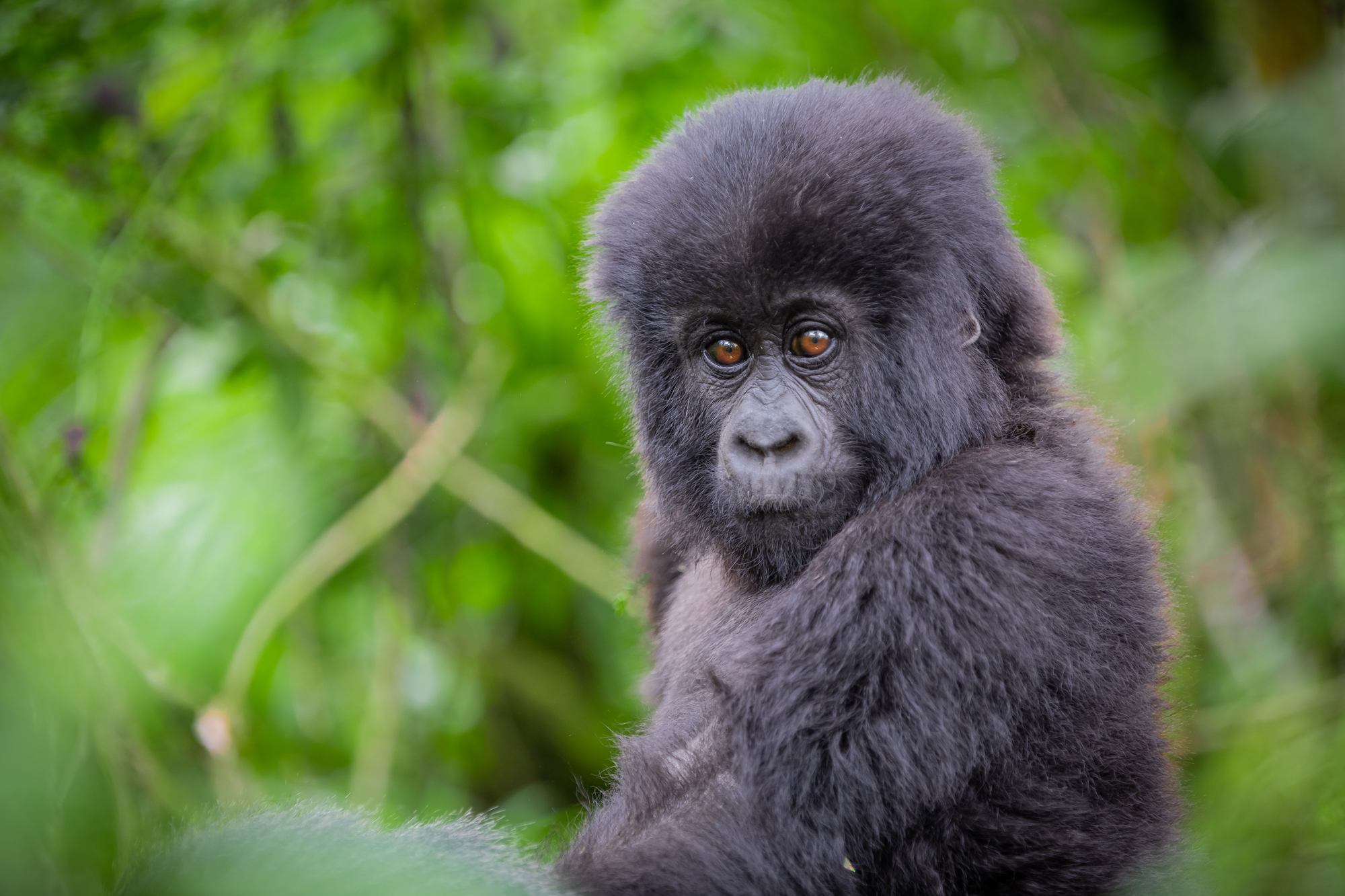
From 25 to 27 June 2025, more than 55 countries from Africa and the Arab States are gathering in Rwanda for the 11th Regional Dialogue on Biodiversity Finance. The event offers countries a platform to discuss strategies to increase biodiversity finance, exchange experiences on effective finance solutions, and accelerate the implementation of their Biodiversity Finance Plans (BFPs).
The dialogue explores critical themes shaping the future of biodiversity finance. These include debt instruments for nature, aligning policies and institutions to unlock finance, insurance for nature-related risks, gender-responsive innovation, and the nature-climate nexus. Participants will also examine how biodiversity credits, financial partner engagement, and data-driven approaches can close the finance gap. Emphasis will be placed on how nature risks translate into economic risks and the need to rethink financial systems to achieve positive nature outcomes.
For the first time, the Arab States are joining the dialogue, following their inclusion in the BIOFIN programme under the GEF-8 Umbrella Program in 2024.
As governments across Africa scale up their efforts, recent results from BIOFIN countries demonstrate the region's growing momentum in biodiversity finance.
Zambia: A Green Bond Pioneer
Zambia issued its first green bond in 2023, valued at US$200 million. Of this total, $150 million has already been raised through two tranches: the first raised $53.5 million in 2023, and the second brought in an additional $96.7 million in 2024. The funds are being directed toward renewable energy and biodiversity-related investments, supported by BIOFIN through technical advice and advocacy on green finance regulations and incentives.
Botswana: Revenue Gains from Protected Areas
Botswana revised its protected area fee structure, which generated an annual revenue increase of $7 million. The country also developed a protected areas resource mobilization plan and compiled an inventory of 45 subsidies that impact biodiversity - a foundation for future reform.
South Africa: Advancing Biodiversity Markets
South Africa has introduced biodiversity offset banking and a wildlife sector certification scheme. The country is also working with the private sector to integrate nature-related financial disclosures, laying the groundwork for greater transparency and investment in biodiversity.
Rwanda: Advancing digital payments
Rwanda launched IremboPay - a digital platform that streamlines the collection of environmental fines and fees. Since its launch in October 2024, IremboPay has processed over $122,000 in fines, all of which is being reinvested in conservation efforts such as reforestation, wetland restoration, and environmental education. In addition, Rwanda integrated biodiversity finance into its Environmental Impact Assessments and is planning to establish a biodiversity-focused funding facility within its national environment and climate fund, FONERWA. This initiative will strengthen the country’s institutional capacity to finance conservation goals.
Egypt: Institutionalizing Biodiversity Finance
Egypt finalized its National Biodiversity Finance Plan (2024–2030), marking a comprehensive approach to closing the biodiversity finance gap. The plan introduces performance-based budgeting, biodiversity offsets, and corporate social responsibility (CSR)-driven finance mechanisms.
Uganda: Ecosystem Services and Fiscal Innovation
Uganda launched a Payment for Ecosystem Services (PES) programme focused on Ramsar sites and developed a biodiversity index to guide ecological fiscal transfers (EFTs). These innovations support conservation while channeling more public finance towards nature.
As the regional dialogue unfolds in Kigali, these results exemplify how finance solutions can be tailored to each country's context. Yet, they represent only a part of the broader progress being made across the continent. Countries like Madagascar are advancing Results-Based Budgeting (RBB) and assessments aligned with the Taskforce on Nature-related Financial Disclosures (TNFD). In Zanzibar, revised conservation fees and improved public-private partnership frameworks enable increased investment in protected areas and strengthen biodiversity conservation. These and other solutions reflect Africa's diverse approach to biodiversity finance.
Categories
Archives
- Febrero 2026 (1)
- Enero 2026 (3)
- Diciembre 2025 (2)
- Noviembre 2025 (5)
- Octubre 2025 (5)
- Septiembre 2025 (2)
- Agosto 2025 (10)
- Julio 2025 (9)
- Junio 2025 (5)
- Mayo 2025 (8)